Antipopes of the Antichurch
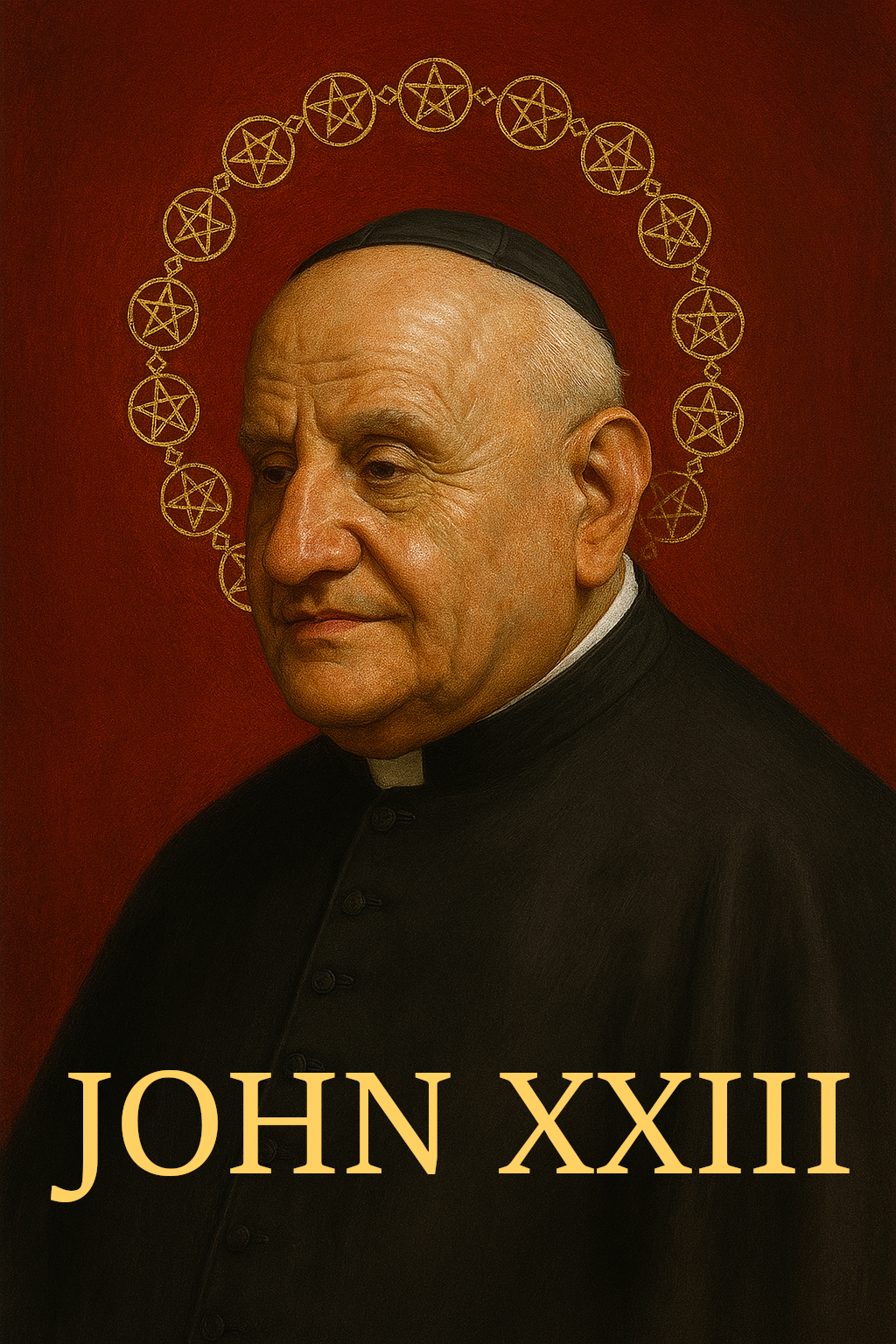
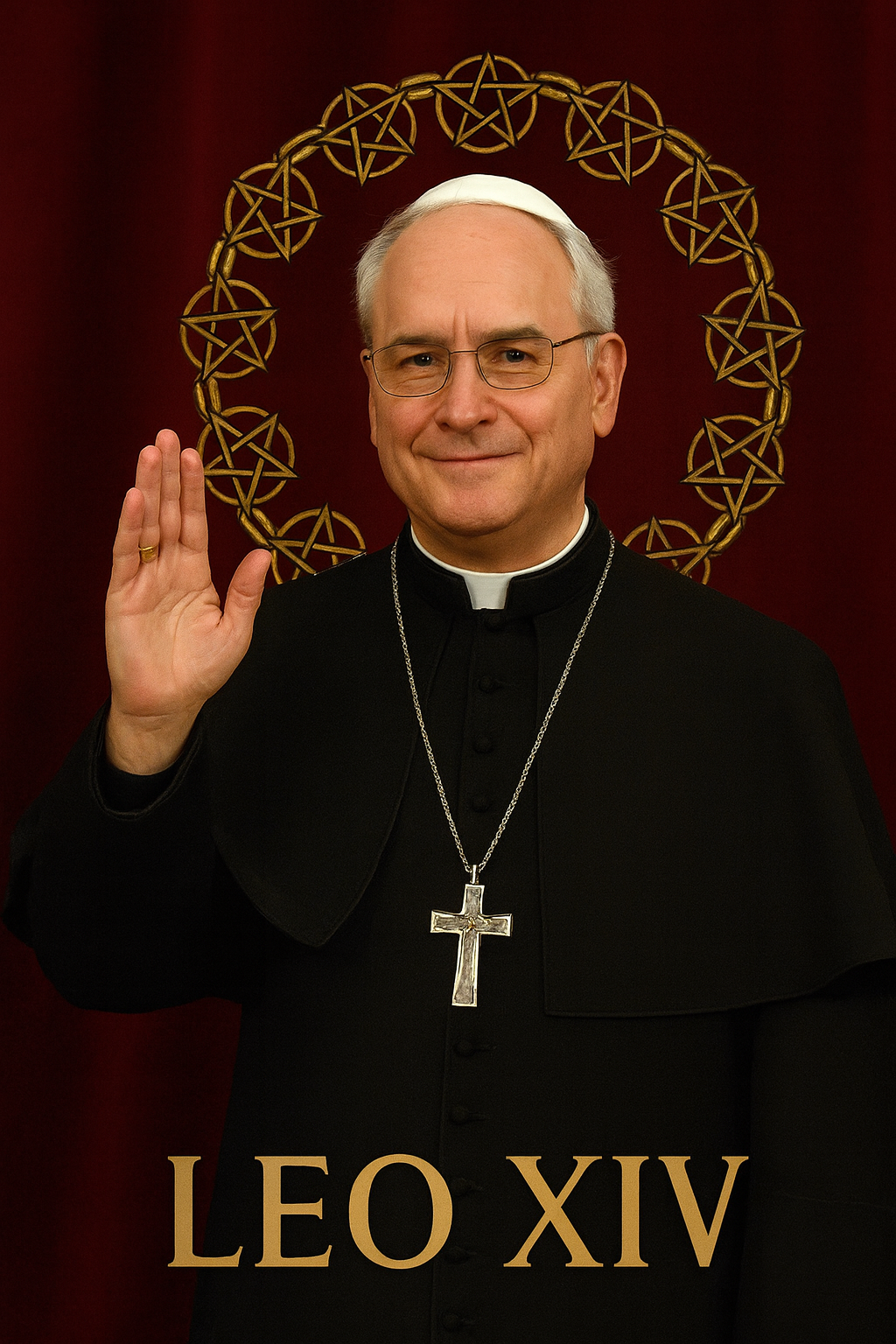


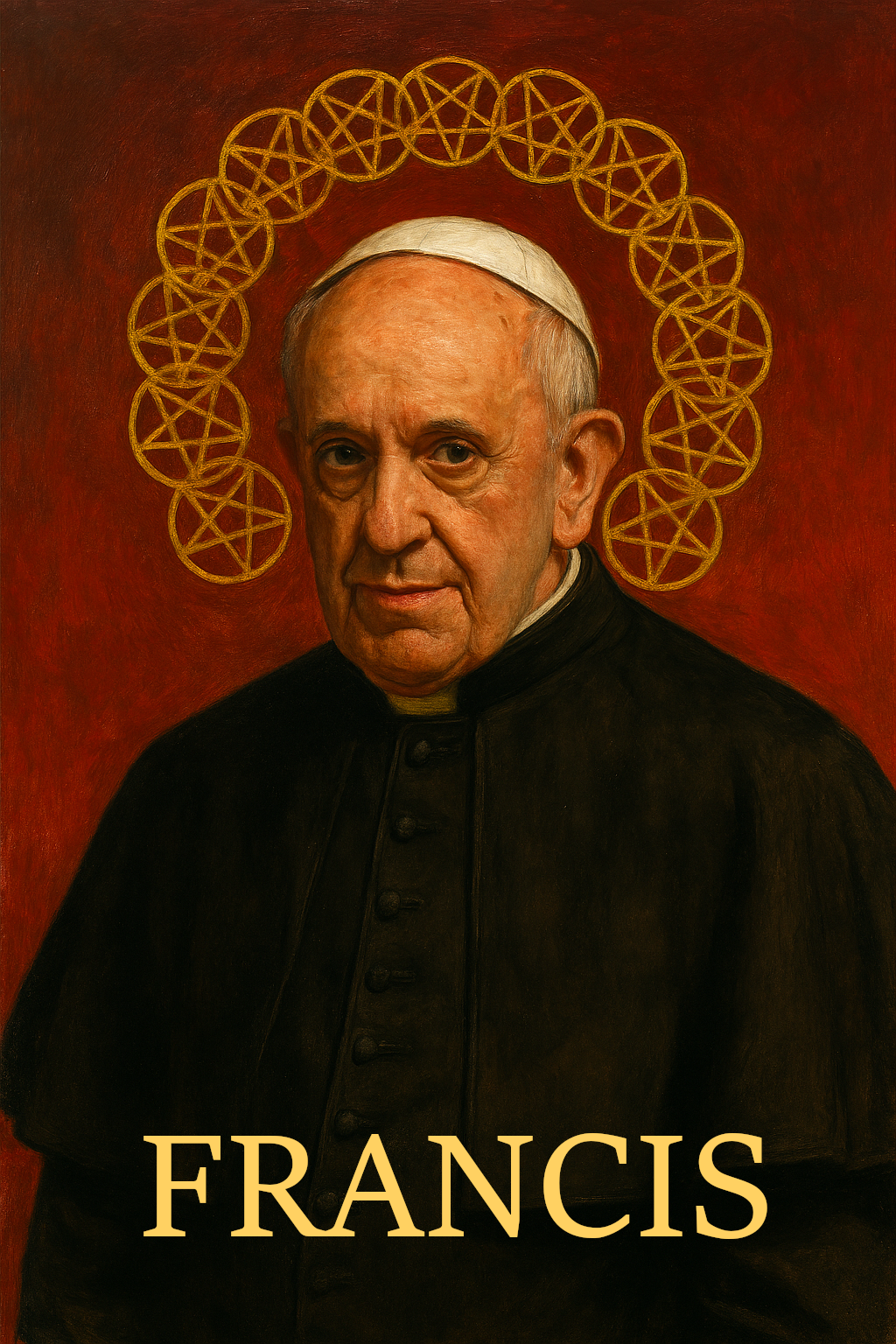


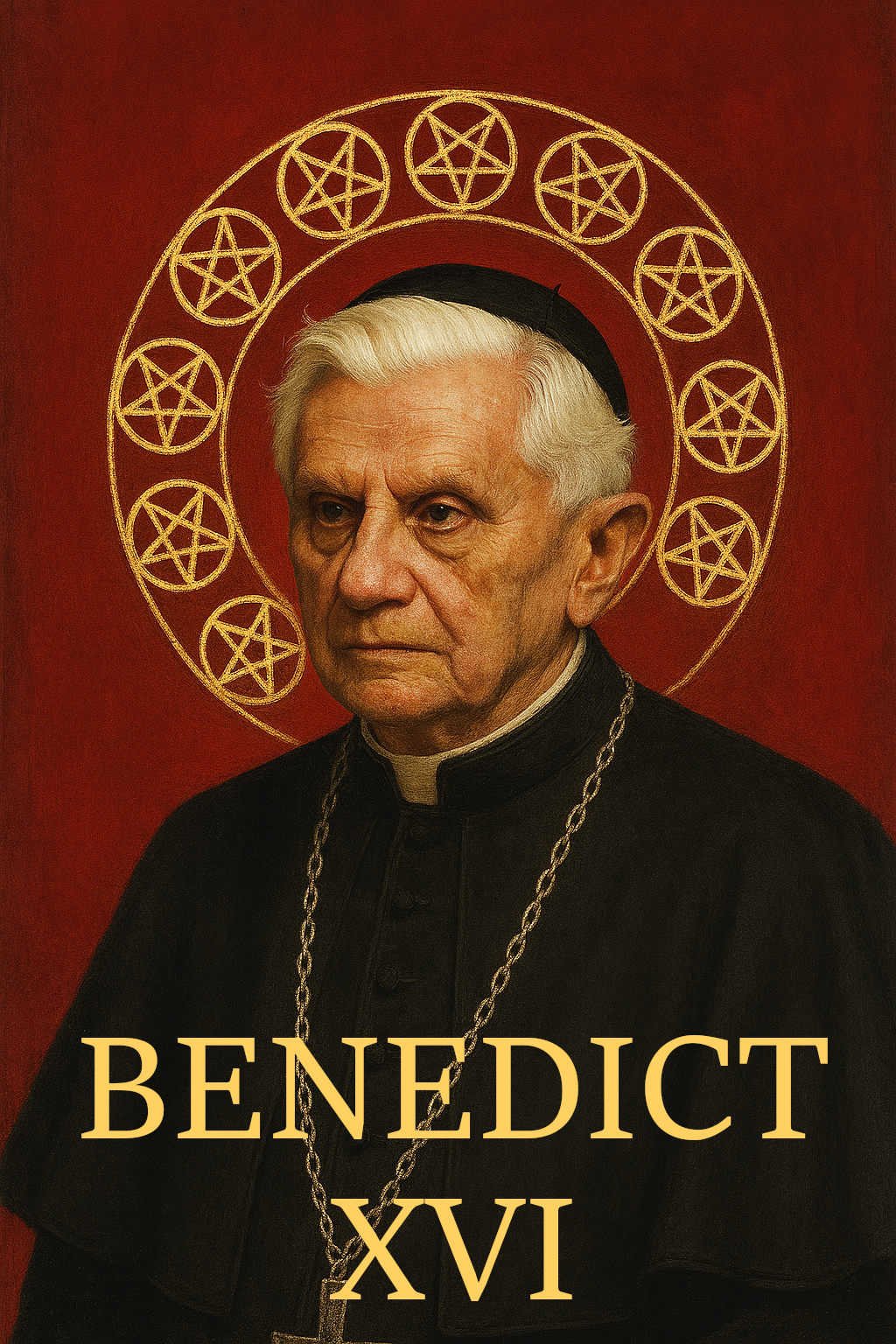


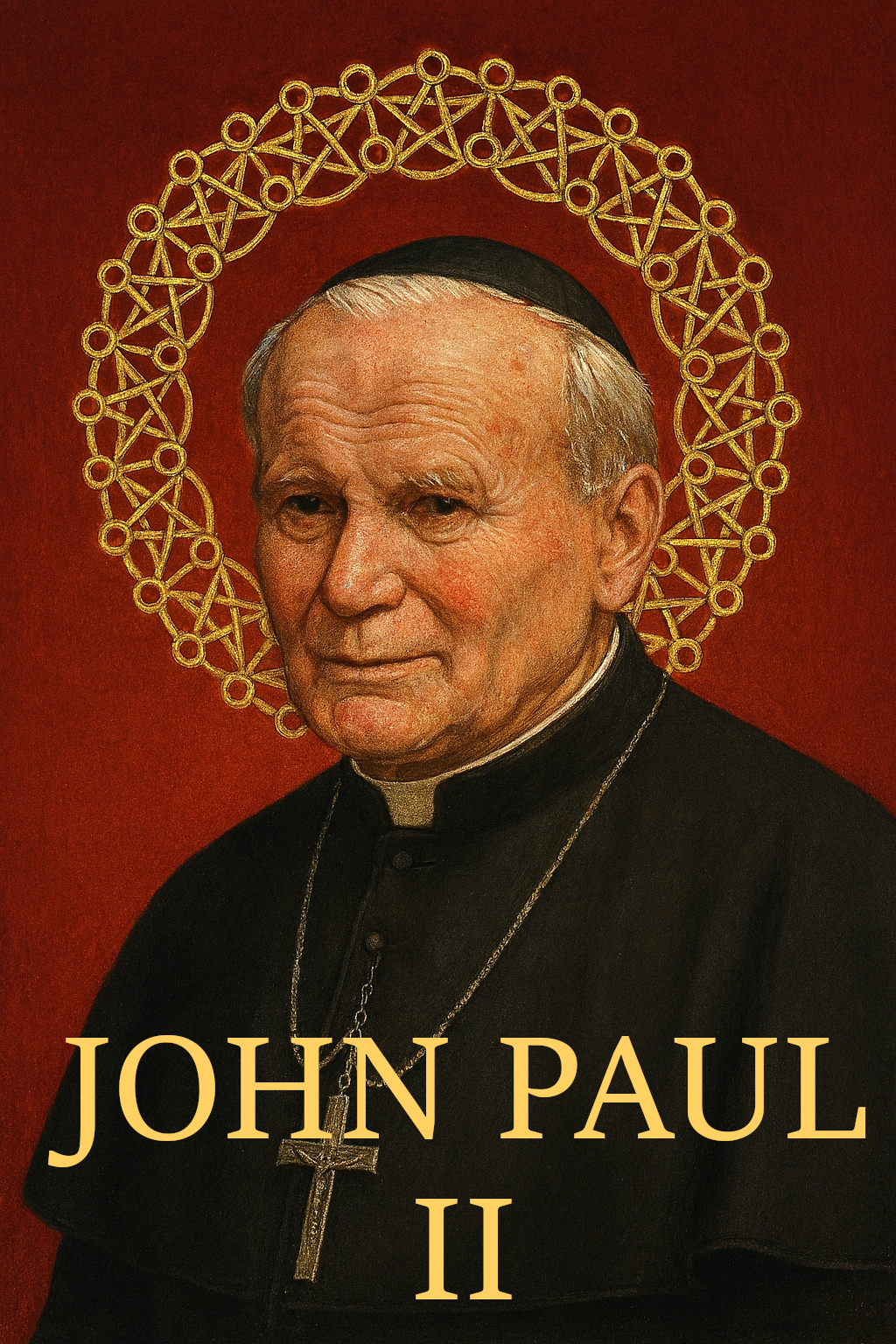


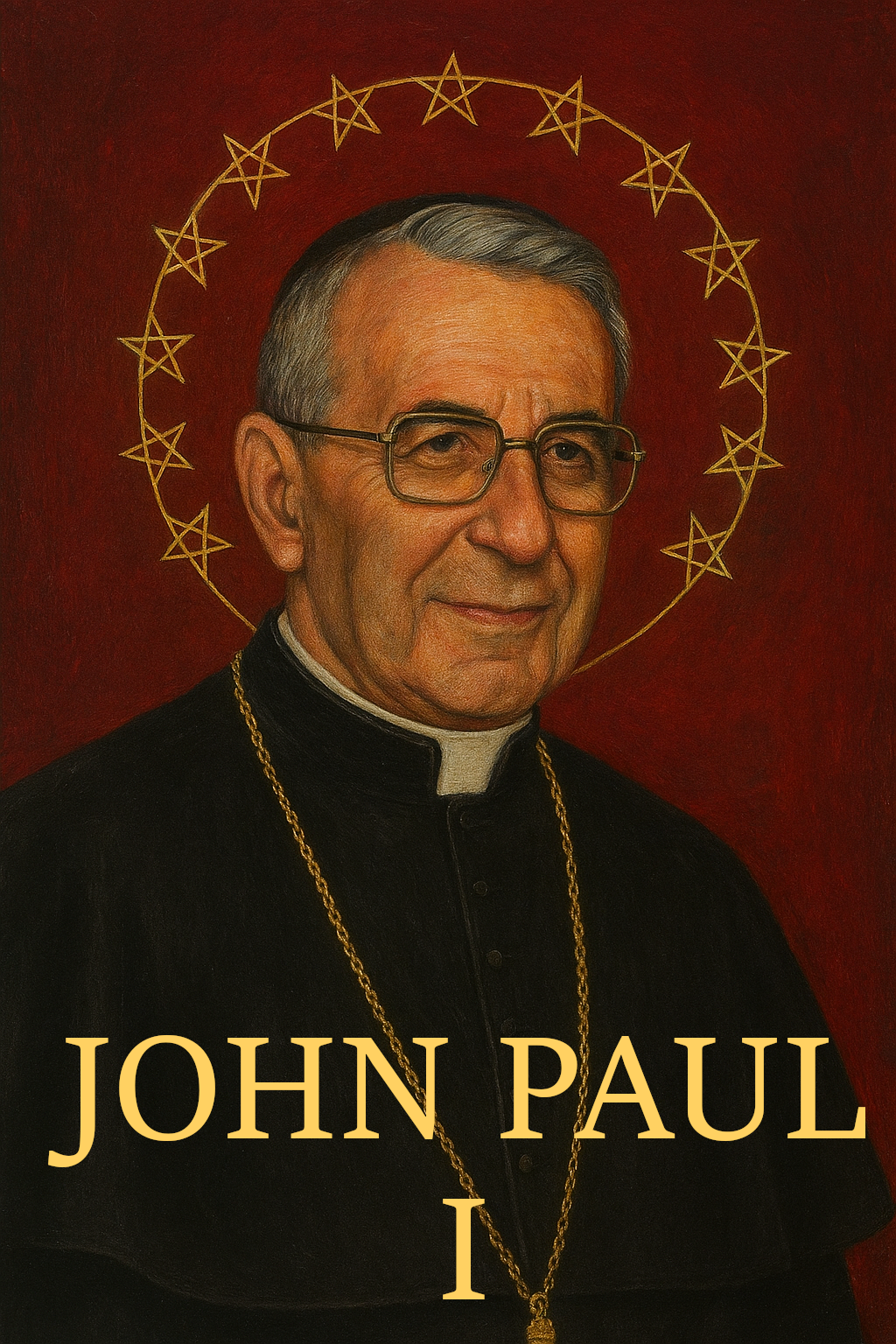


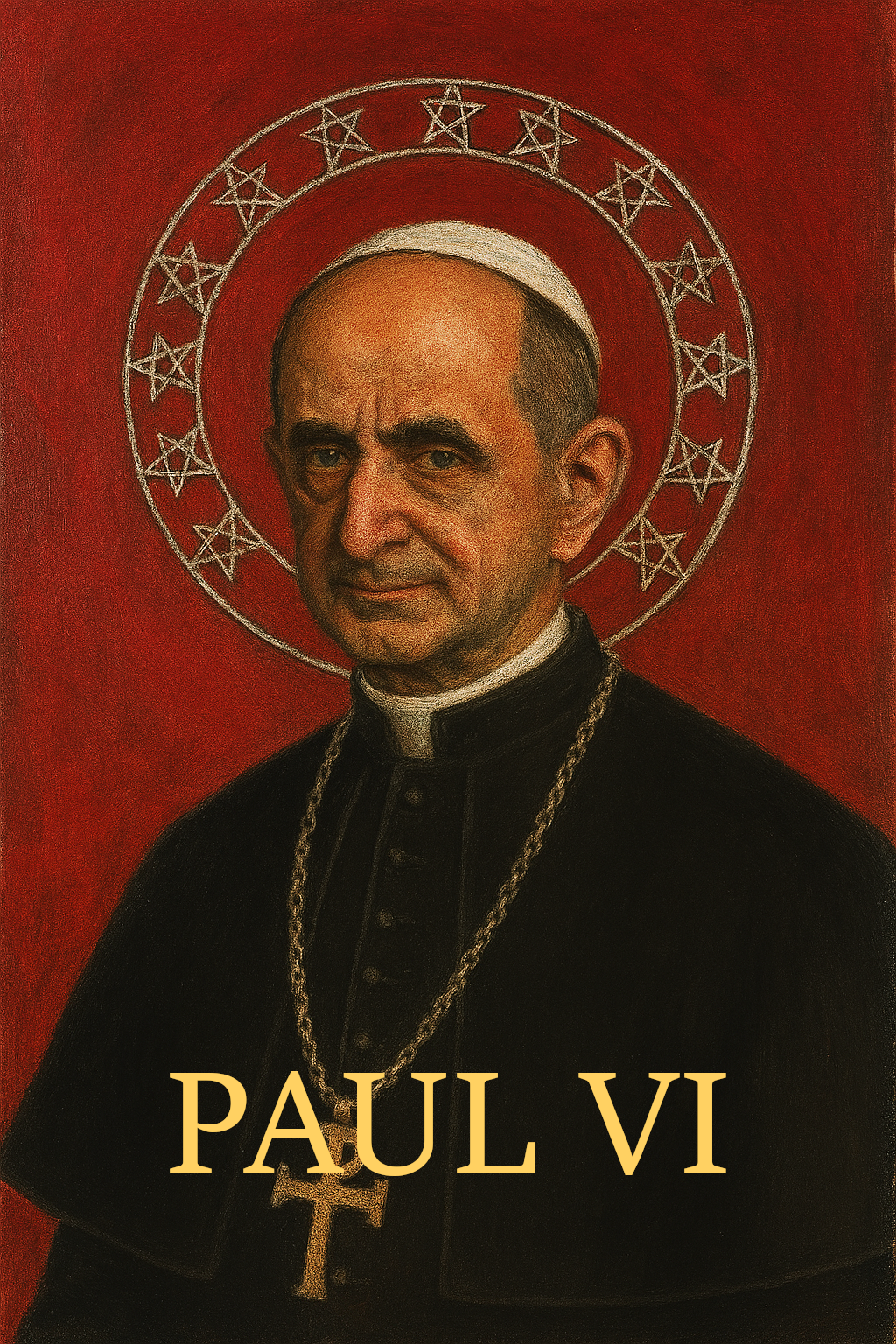


Timeline of this heretical pontiff
Encyclical Letters
+ 15 posts1959
+ 7 posts1961
+ 4 posts1962
+ 2 posts1963
+ 2 postsApostolic Exhortations
+ 3 postsApostolic Constitutions
+ 93 posts1958
+ 6 posts1959
+ 87 postsMotu Proprio
+ 15 posts1958
+ 1 posts1959
+ 1 posts1962
+ 11 postsApostolic Letters
+ 151 posts1958
+ 4 posts1959
+ 63 posts1960
+ 78 posts1961
+ 1 posts1962
+ 4 posts1963
+ 1 postsSpeeches
+ 99 posts1958
+ 2 posts1959
+ 26 posts1960
+ 29 posts1961
+ 16 posts1962
+ 24 postsMessages
+ 6 posts1959
+ 4 postsHomilies
+ 4 postsLetters
+ 152 posts1958
+ 1 posts1959
+ 48 posts1960
+ 32 posts1961
+ 31 posts1962
+ 30 posts1963
+ 10 postsNot categorized
+ 1 posts1958
+ 1 postsNews feed
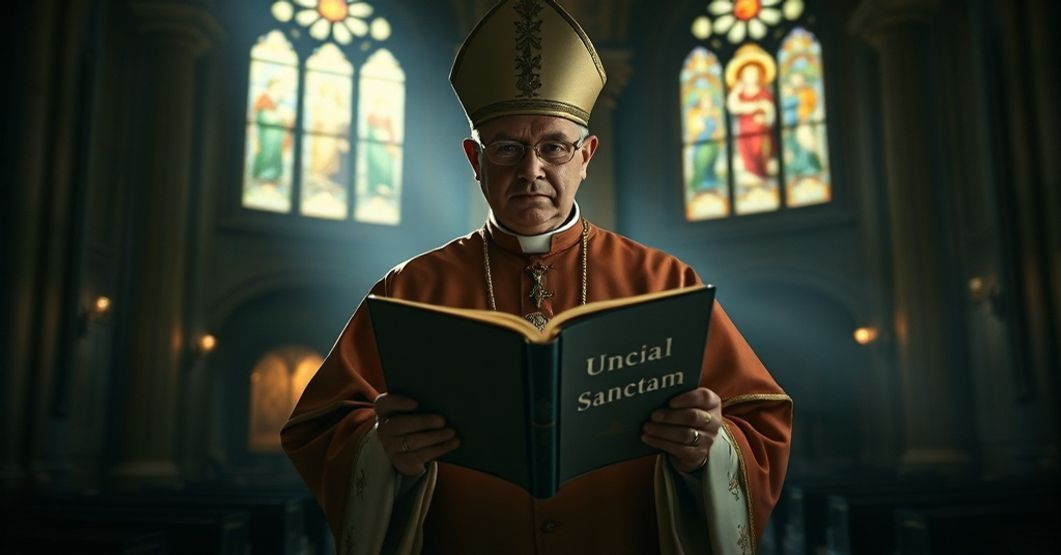

Allocutio Ioannis XXIII (1962.06.20)
John XXIII’s address of 20 June 1962 triumphantly celebrates the completion of the three-year preparatory work for the Second Vatican Council, exalting human collaboration, organizational structures, and an optimistic vision of history and “unity” as signs of the Spirit guiding his initiative. He presents the coming Council as a luminous dawn for the Church and humanity, calling for widespread prayers and meditation—above all on the Gospel of John—to accompany what he hails as a providential and pacifying event. From the perspective of unchanging Catholic doctrine, this self-congratulatory discourse is not an innocent preface to a council, but the manifesto of a new religion: an anthropocentric, historicist, and diplomatically irenic program that prepares the systematic relativization of dogma, the subordination of the Church to the modern world, and the eclipsing of the social Kingship of Christ by the cult of man.
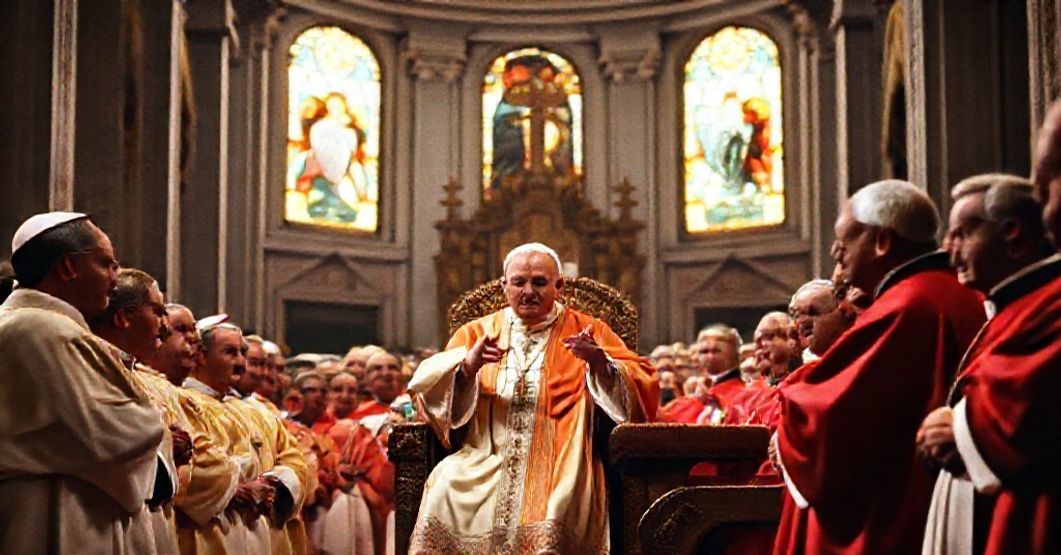

Allocutio Ioannis XXIII in Sollemni SS. Concilii Inauguratione (1962.10.11)
On 11 October 1962, at St Peter’s, John XXIII solemnly opens the so‑called Second Vatican Council, presenting it as a providential, joyful event for the whole Church and the world. He extols past councils, claims this council aims not to condemn but to “present” Catholic doctrine more effectively, rebukes “prophets of doom” who see grave dangers in modern times, praises contemporary political and social conditions as opportune, proposes a new pastoral style emphasizing mercy over severity toward error, and frames the Council as service to “unity” and to modern humanity. In one sentence: this programmatic speech is the manifesto of a new religion, in which immutable doctrine is quietly subordinated to a worldly, naturalistic, and anti-traditional project that breaks with the integral Catholic Faith of all ages.
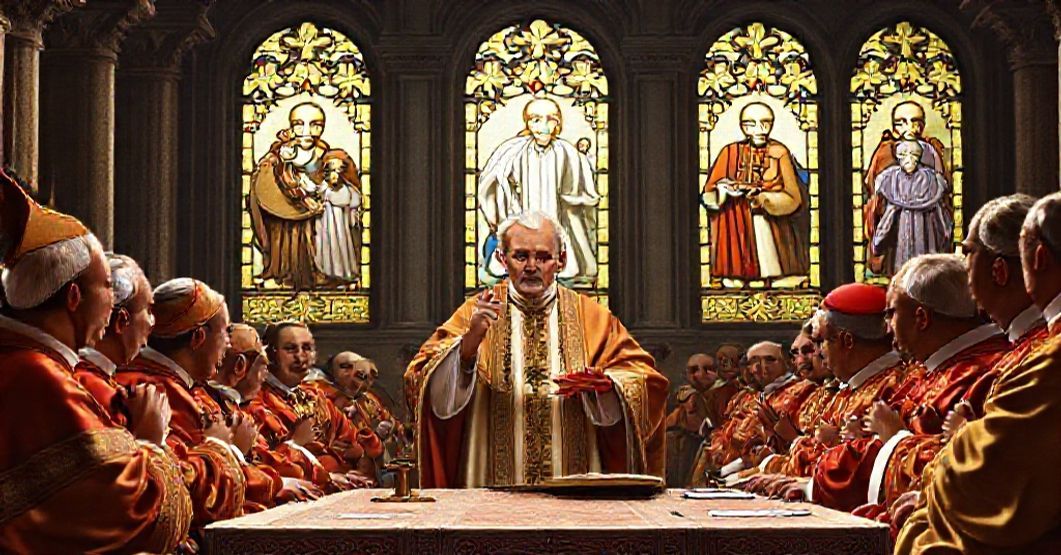

Allocutio in consistorio (1962.11.15)
Venerable Brothers, the Latin text presented is a brief allocution attributed to John XXIII, delivered at a single consistorium on 15 November 1962, in which he announces with satisfaction the unanimous consent of those present to the canonization of four beatified men (Peter Julian Eymard, Antonio Maria Pucci, Francis Mary of Camporosso, and Vincent Pallotti), praises the spiritual fruits expected from raising them to the altars, recalls the intercessory power of the saints, and links these planned canonizations explicitly with the recently opened Vatican II, asking that their intercession obtain a happy course and abundant fruits for the council. This seemingly pious text is in fact a highly concentrated manifesto of the new cultic and ecclesiological order of the conciliar revolution, in which the authority of the Church is hijacked to manufacture “saints” for the neo-church and to sacralize its apostasy.


Allocutio Ioannis XXIII (1962.12.07)
At the close of the first session of Vatican II on 7 December 1962, John XXIII addresses the assembled council fathers in Saint Peter’s Basilica. He congratulates them for their work, praises the “spectacle” of the gathered hierarchy, emphasizes unity, optimism, Marian devotion, and expresses the hope that the Council will make the Gospel more widely known and effective in modern civil life. He presents the Council’s purpose as adapting the expression of faith and morals so that Christ’s message may penetrate “every area of civil culture” and thanks the bishops for their collaboration with him in this project.
Varia
Announcement:
– News feed –implemented
– Antipopes separate web sites with their all documents refutation – in progress
